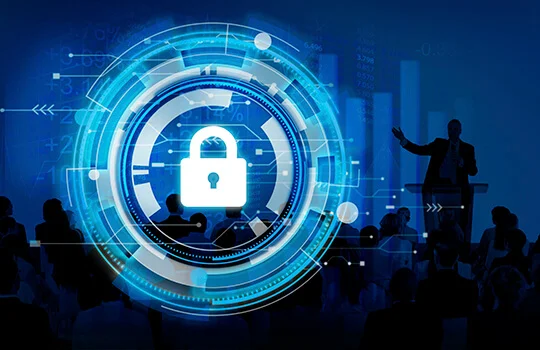Laws and Ethics in Information Security
What are Laws?

Formal, enforceable mandates by governing bodies, such as the Cybercrime Prevention Act.
What are Ethics?

Informal moral principles shaped by societal values and culture, influencing behavior beyond legal compliance.
Laws: Protect organizations, individuals, and governments from malicious activities (e.g., hacking, data breaches).
Ethics: Promote trust, transparency, and accountability in technology usage.
Both are crucial for building a secure and responsible digital environment.
| Aspect | Laws | Ethics |
|---|---|---|
| Authority | Imposed by governing bodies | Guided by societal norms and values |
| Sanctions | Legal penalties for violations | Social disapproval or reputational harm |
| Flexibility | Rigid and codified | Subjective and situational |
| Enforcement | Enforced by law enforcement agencies | Self-enforced or peer-enforced |
Law: Penalties under the Cybercrime Prevention Act for unauthorized data breaches
Ethics: An IT professional responsibly disclosing a vulnerability without legal obligation
- Set the minimum standard for acceptable behavior
- Provide frameworks for prosecution and deterrence
Laws:
- Inspire actions that exceed legal requirements
- Foster trust and innovation in a global, interconnected world
Ethics:
conclusion
Laws provide the foundation for security practices
Ethics ensure decisions align with societal expectations and professional integrity
Together, they shape a comprehensive approach to safeguarding information
MEMBERS







